Conservation
All Conservation Content
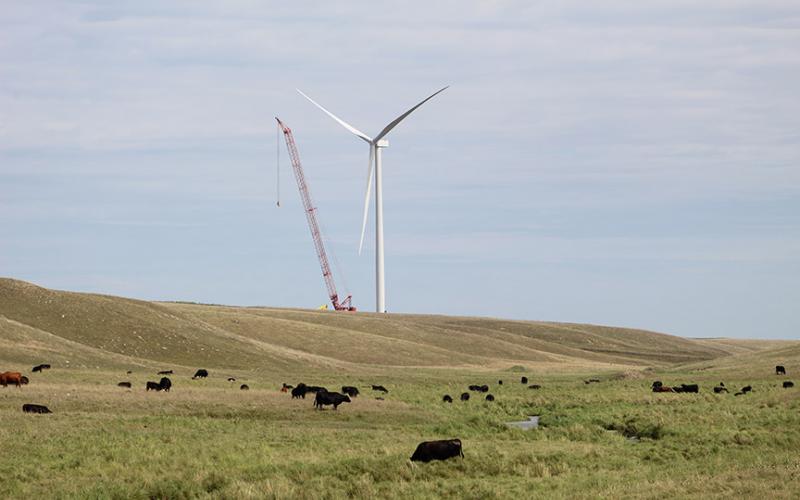
Best Management Practices Guide for Restoration of Native Grasslands and Sensitive Sites Resulting from Energy or Industrial Development
A general guide to South Dakota landowners who are considering or who have allowed energy or other industrial development on their property.
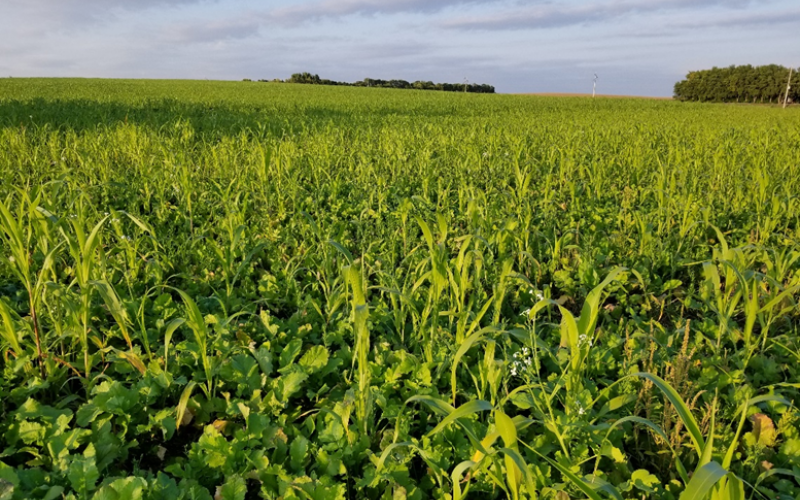
South Dakota Land Use Trends (2012-2017)
Significant education efforts for natural resource conservation have occurred in South Dakota during the last five years. Many stakeholder groups have brought awareness for soil health and water quality to the forefront.
![A herd of cattle gather around a stock pond on a vast, lush grassland. Courtesy: USDA [CC BY 2.0]](/sites/default/files/styles/teaser_800x500/public/2019-05/W-00231-00-cattle-grazing-grassland-pasture-range.jpg?h=8f818b46&itok=6GS1_Ww0)
Range Improvements, Grazing Systems and Net Present Value, What is the Right Balance?
As farms and ranches across South Dakota continue to endure increasing costs of production while receiving less cash for grain and livestock marketed; ranch managers must be extra diligent when implementing new range improvements and grazing systems on their ranches.
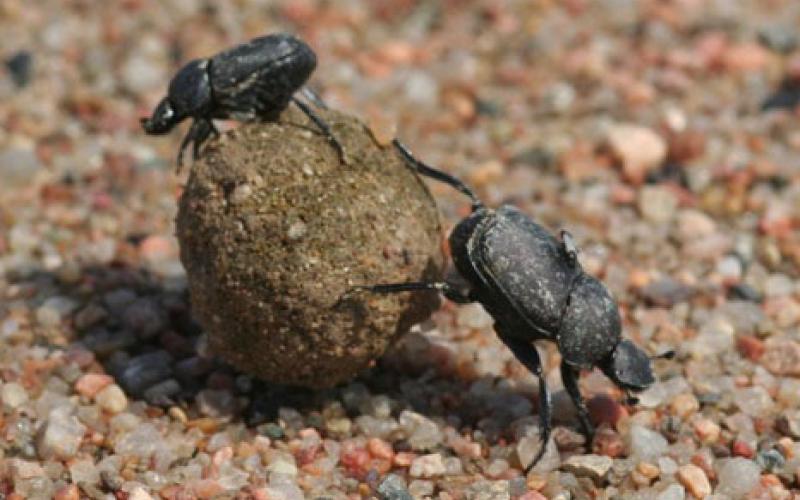
An identification guide to common Dung Beetles of South Dakota
A guide of common dung beetles of South Dakota.
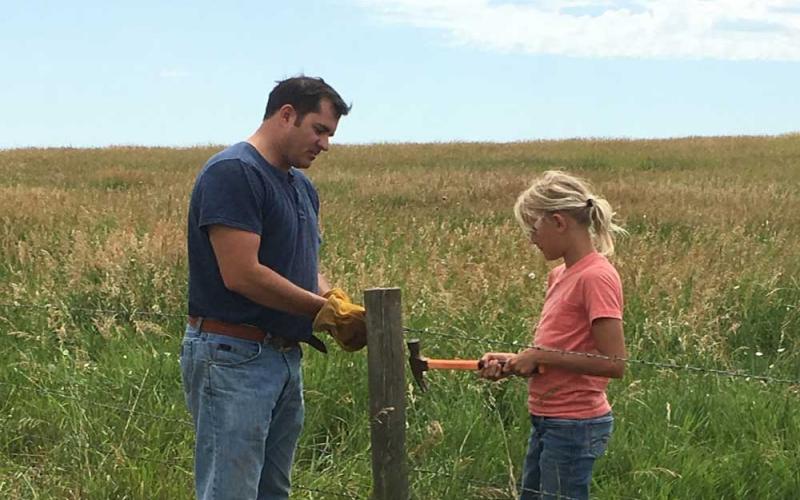
Strategic and Scenario Planning in Ranching: Conducting a Ranch Inventory
During times of belt-tightening, it’s imperative to make sure all the resources of the ranch are being utilized as efficiently as possible. Conducting a complete ranch inventory is a perfect time for ranch managers to take an in-depth look at their operation.
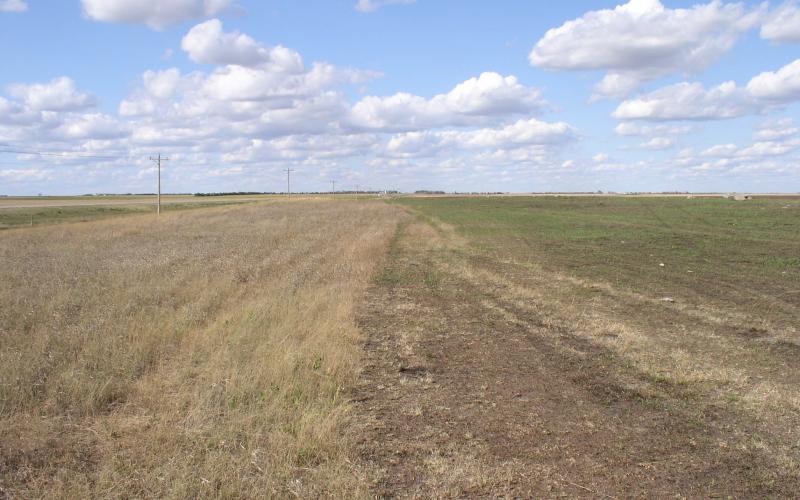
Management for Recovery of Rangeland After Wildfire
Because fire is a natural component of Northern Great Plains grassland ecosystems, prairie vegetation is very well adapted to recover following a fire.
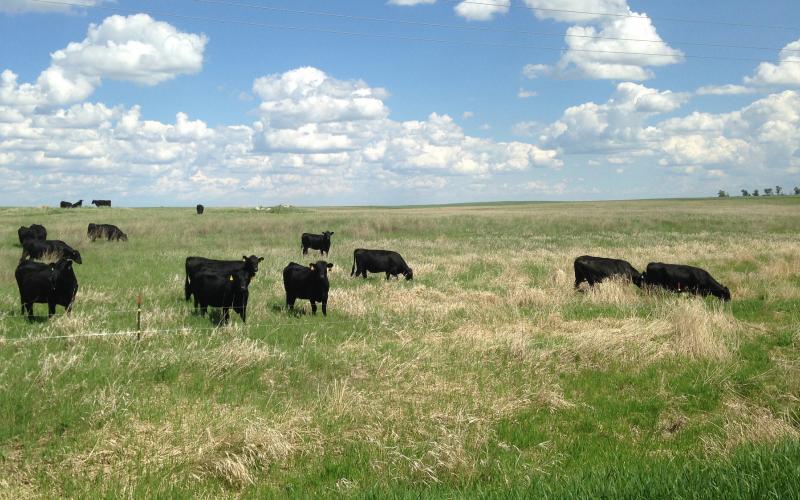
South Dakota Grazing Management Practices: Current & Future
Grazing land occupies 54% of rural land and accounts for a key portion of land use in South Dakota. Many grassland problems can be avoided by using efficient grazing management practices.
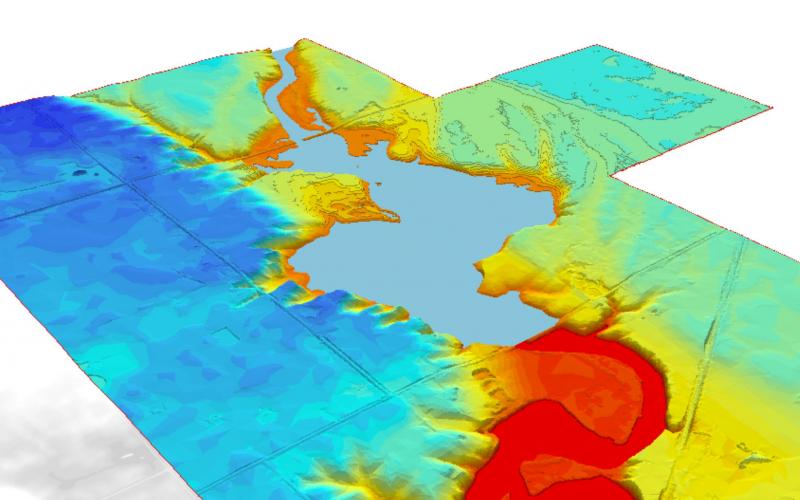
Senior Design Project Has Potential to Become Lake Mitchell Water Quality Project
SDSU Agricultural & Biosystems Engineering students, as a senior design project, recommended constructing a retention structure on a property near Lake Mitchell in order to reduce the phosphorus content entering the lake.
Underwater Drone Draws Crowds at Dakotafest
A new project being developed by faculty and staff from the SDSU Department of Agricultural & Biosystems Engineering (ABE) was recently unveiled during the 2019 Dakotafest Farm Show in Mitchell, South Dakota on August 20–22.
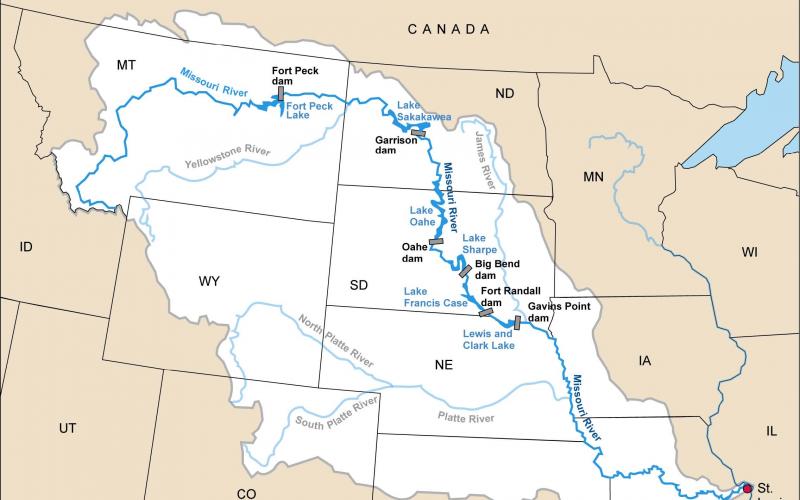
Zebra Mussels Impacting Missouri River Reservoir System
In July 2019, South Dakota Game, Fish & Parks officials confirmed of presence of zebra mussels in Lake Sharpe near Fort Thompson after U.S. Army Corps of Engineers staff initially discovered them while performing inspections on Big Bend Dam.